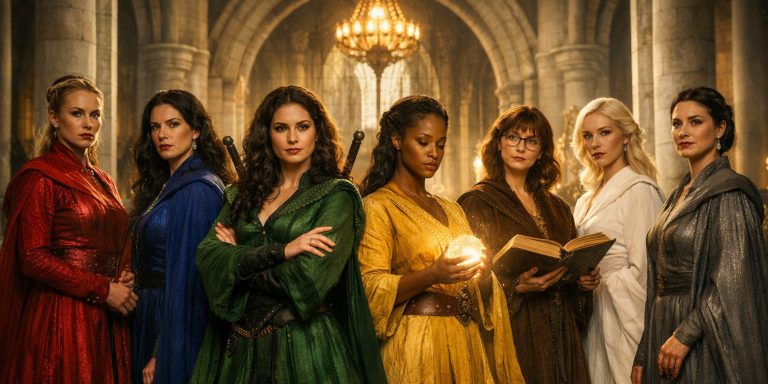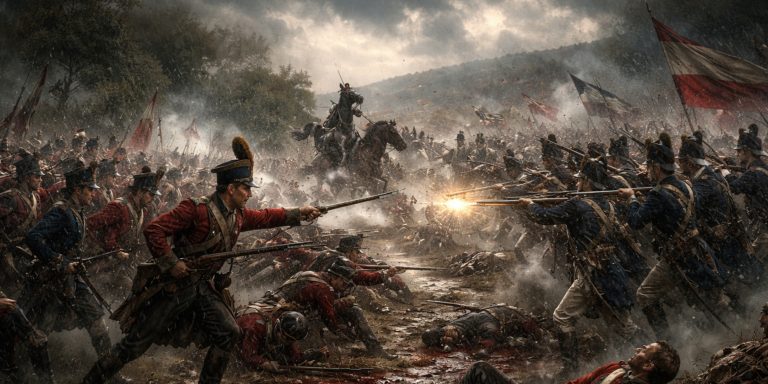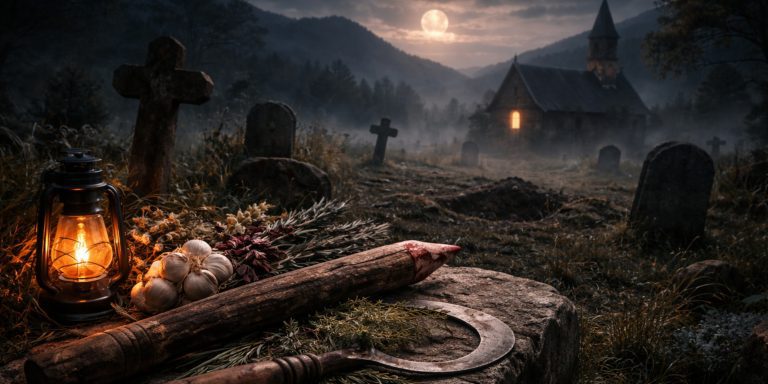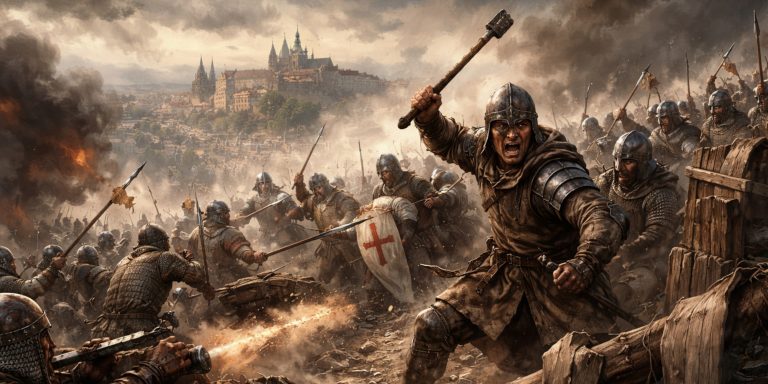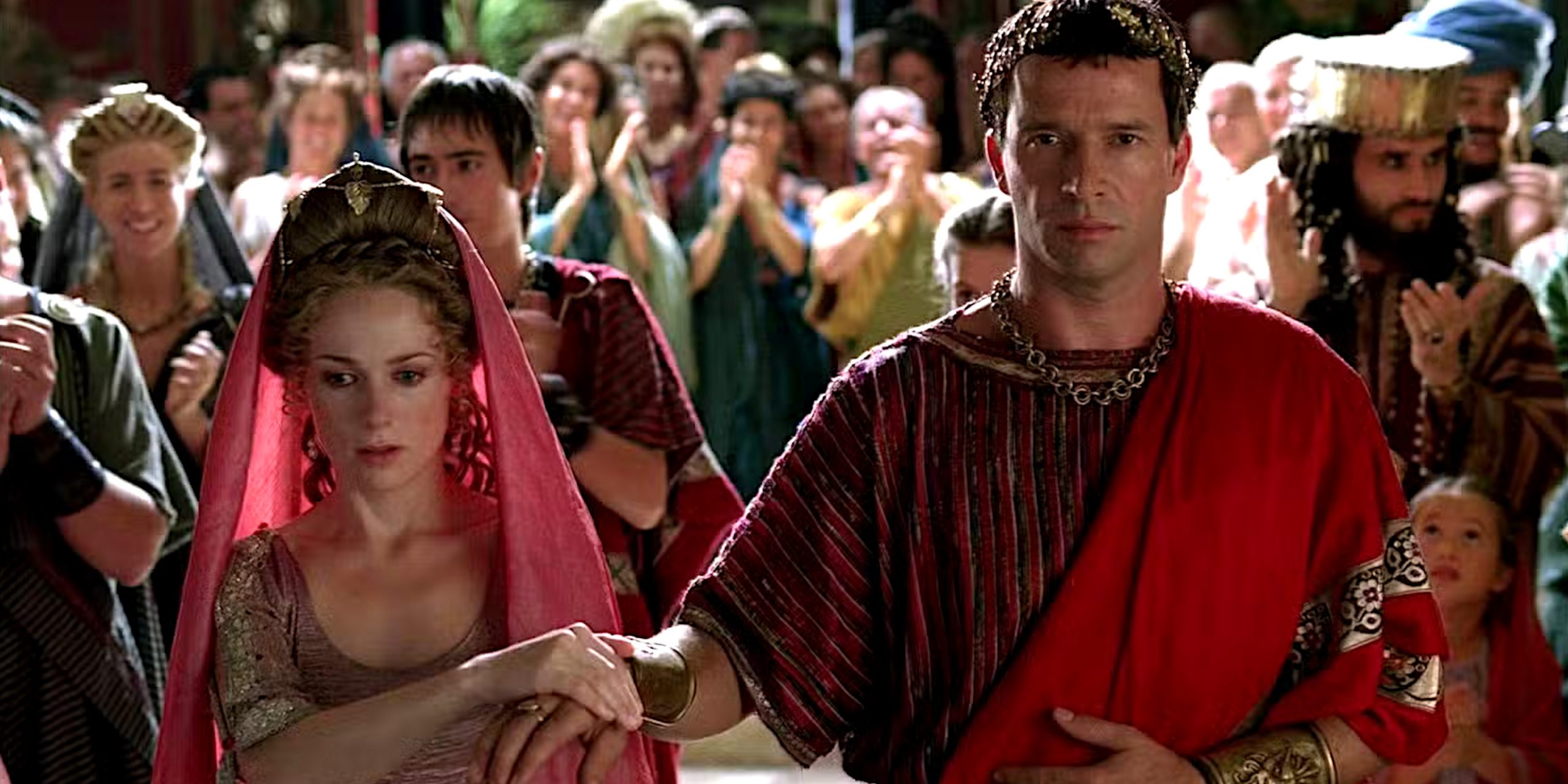
When Rome first aired on HBO in 2005, it felt like the dawn of a new era for historical television. The production was vast, the performances magnetic, and the tone unflinchingly real. For many, it was the first time ancient history felt human rather than academic. Yet, after just two seasons, the show vanished as quickly as it appeared. What went wrong with one of the most ambitious historical dramas ever made?
The Birth of a Historical Epic
At the turn of the millennium, HBO had already revolutionised television with The Sopranos and Six Feet Under. Rome was conceived as its next grand statement, a series that would combine political intrigue, military conquest, and human frailty into a single, sprawling saga.
Created by Bruno Heller, John Milius, and William J. MacDonald, the series aimed to tell the story of the late Roman Republic through both legendary and ordinary eyes: the patrician Julius Caesar and his ambitious heir Octavian, mirrored by two soldiers, Lucius Vorenus and Titus Pullo.
The result was a production unlike anything television had seen. Sets were built at Cinecittà Studios in Italy, recreating entire Roman streets, temples, and villas in staggering detail. The first season alone reportedly cost over $100 million to produce, making it one of the most expensive television series ever filmed at the time.
What Made Rome Great
The brilliance of Rome lay not only in its production scale but in its humanity. It refused to romanticise the past. Blood, politics, and sex intertwined with the personal anxieties of empire. It balanced the grand sweep of history with intimate storytelling, showing how the ambitions of men like Caesar rippled down to the lives of common soldiers and slaves.
Performances were uniformly superb. Ciarán Hinds’ dignified yet ruthless Caesar, Polly Walker’s venomous Atia, and James Purefoy’s dangerously charismatic Mark Antony remain among television’s most memorable portrayals of classical figures.
It was, in essence, prestige television before that phrase became cliché.
The Fall: Behind the Curtain
So why did Rome fall? The short answer is cost. HBO and the BBC co-produced the series, but the expense of maintaining the enormous sets and international crew proved unsustainable.
After the first season, the BBC withdrew funding, leaving HBO to shoulder the burden. Despite strong critical acclaim and a devoted following, ratings could not justify the enormous expenditure. Production costs reportedly reached $9 million per episode, a staggering sum for the mid-2000s.
The decision to cancel came so abruptly that the second season had to compress what was originally planned for several more. The death of Caesar, the rise of Octavian, and the end of the Republic were all rushed into a mere ten episodes. The finale, though powerful, felt like a farewell written in haste.
Legacy and Influence
Although Rome burned brightly and briefly, its legacy is undeniable. The show set the stage for later historical dramas such as Game of Thrones, Vikings, and Spartacus. Its visual realism and moral complexity changed how history was depicted on screen.
Production techniques pioneered in Rome influenced an entire generation of television creators. The concept of treating history as living, breathing drama rather than textbook narrative became standard practice. In many ways, Rome walked so Game of Thrones could run.
A Historian’s Reflection
As a historian, watching Rome was both thrilling and occasionally maddening. It took liberties, of course, but it captured something rare: the lived chaos of the ancient world. Its streets were dirty, its people contradictory, and its politics viciously human.
The tragedy of Rome is not just its cancellation but its timing. Had it aired a decade later, in the age of streaming giants with limitless budgets, it might have lasted five seasons or more. Instead, it became a victim of its own ambition.
Still, like the Republic it portrayed, Rome’s fall only heightened its myth. Few shows have ever achieved such historical depth with such cinematic intensity.
The Seven Swords Takeaway
Rome was a bold attempt to recreate an ancient world in full, with all its splendour and decay. Its rise was meteoric, its fall inevitable, but its legacy endures.
Every time modern television dares to treat history with grit, beauty, and complexity, the ghost of Rome flickers somewhere in the background, still reminding us that the past, like the empire itself, was built on fragile foundations.
Watch the documentary:

